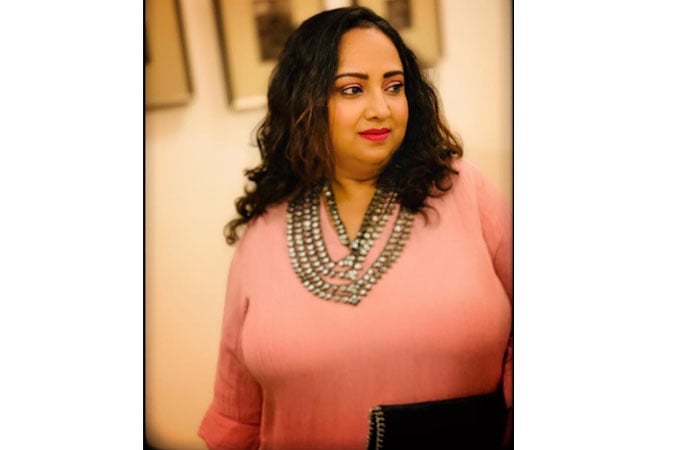
MUMBAI: Nilanjana Purkayasstha has been a part of the television industry for more than two decades now and worked as a freelance writer, channel executive and is now a writer, producer and storyteller. Her first production work was Chandragupta Maurya for NDTV Imagine. Now, Nilanjana runs her production house Invictus T Mediaworks and has been churning good content for TV, film, short video and web formats. Her latest show Chickoo Ki Mummy Durr Ke has been garnering good response. Earlier she has written shows like Maharana Pratap and Chakravartin Ashoka Samrat and produced shows like Peshwa Bajirao, Kulfi Kumar Bajewala. She talks about whether the industry has evolved over the years if saas-bahu is still a hit if progressive shows are being made and more in this interview:
What changes do you notice in the entertainment industry over the years?
Nothing much has changed really in terms of how shows are being made. The processes remain the same, the conditions remain the same. If anything, the conditions have worsened because of decreasing budgets. The one big change I have seen is that many channels have become more research-dependent over the last 10-12 years, rather than relying on creative conviction or gut. Whether that has been for the better or not, is a matter of opinion. The TRP measurement systems have also changed in the meanwhile, so it will be like comparing oranges to apples.
Do you think the content on television has evolved considerably?
Has it? I see the same stories and same plots in most shows, something that I have been seeing for the last 21 years. I don’t think there has been any real evolution. Just the packaging has changed. The majority of the television shows are old wine in new bottles.
Many have been saying that the saas-bahu era is over. The content is more progressive and realistic nowadays. Comment.
What exactly is Saas-Bahu drama? Family drama and drama over marriage… The only progressive show currently on television is Anupamaa. But, even in a progressive show like Anupamaa, the saas is usually against the bahu. Is she not? Even in Anupamaa, the basic premise of the show when it started as two women fighting over one man, which is the premise of most shows. There is lip service to women’s ambitions in some shows, but the drama is always about the woman fighting for a place in the man’s heart and in his family. Forced marriages, women fighting with each other, women having no agency or support, women who work being portrayed as vamps… all these are still there. Anupama is comparatively progressive, but that’s just one show. As far as realism goes, barring very few shows, there is no realism. Housewives toting guns, battling terrorists, daayans… where is the realism?
What are the two trends that you have noticed in the TV industry?
There is only one trend in Hindi television — when one show succeeds, many try to make more of the same. Some work, others don’t. In TV, there are no trends, there are only flavours of the season.
We have gone through a pandemic and it has changed the way we work. What more changes do you think we should incorporate when it comes to daily soaps?
We need to change the way we work. Ever since daily soaps started, people work under great stress to meet deadlines. Now with dailies becoming 6 days a week and budgets decreasing, the pressure is even more. Through the pandemic, people were shooting out of the state to put episodes on-air - at risk to their own health and staying away from their families. I am aware that we are in a business and no one does business to suffer losses. However, because of the diminishing budgets and increasing pressure to deliver more episodes, maha episodes, to deliver more TRPs, the working conditions lead to loss of health, both mental and physical, for all those who are working in front and behind the camera. Accidents due to lack of sleep, heart attacks, nervous breakdowns plague our industry, and no one talks about it. There is a lack of will to address that… collectively, which needs to change.
















Add new comment